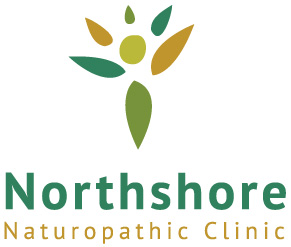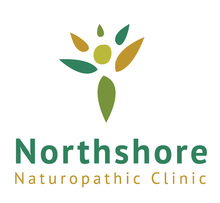by Dr. Quinn Rivet, ND
Being thankful this Thanksgiving and Beyond
What if there was something that was free, you could carry with you 24 hours a day, you can turn on anytime, uses little electricity, doesn’t come in a bottle, it’s good for your brain by increasing circulation to the hippocampus, stimulates the reward centres of the brain, decreases aches, pains and inflammatory markers in the blood, can help your will-power, known to decrease depression and helps give an optimistic outlook on life, and did I mention it was free? Would you be interested? Of course, you would, what is it? It’s Gratitude! Yes, the simple conjuring of the feeling of gratitude has actually been a hot study as of late. Several studies over the last 5 years or so have looked at the connection between the state of gratitude and human biology.
A study published in the journal Frontiers of Psychology, 2015, lead author Fox found that “when the brain feels gratitude, it activates areas responsible for feelings of reward, moral cognition, subjective value judgments, fairness, economic decision-making and self-reference…[as well as] it (gratitude) rewards generosity and maintains the cycle of healthy social behavior.
The Gratitude Exercise
One very simple way to get into the state of gratitude which was used in some experiments is to keep a gratitude journal. It goes like this: every morning think of 5 things you are grateful for and why, you really need to do the why write them down, it’s important. At night before bed think/write down 1 thing you are grateful for that happened to you during the day and why more is better but you can start with one. Over time you should start to feel and see results, in one study the researchers found those that kept a gratitude journal exercised 1.5 hours more per week and reported to be able to cope with life challenges better.
Counting your blessings can enhance your future happiness and well-being.
From the site: http://happynesshub.com/research-gratitude/
Martin Selignman
Positive psychology progress: empirical validation of interventions
http://dev.rickhanson.net/wp-content/files/papers/PosPsyProgress.pdf
Robert Emmons
Robert Emmons Book – Thanks: How the New Science of Gratitude Can Make You Happier
https://books.google.co.uk/books/about/Thanks.html?id=tGCcH2l4jUUC
Why gratitude enhances well-being: What we know, what we need to know
http://emmons.faculty.ucdavis.edu/wp-content/uploads/sites/90/2015/08/2011_2-16_Sheldon_Chapter-16-11.pdf
Counting blessings versus burdens: An experimental investigation of gratitude and subjective well-being in daily life
http://greatergood.berkeley.edu/pdfs/GratitudePDFs/6Emmons-BlessingsBurdens.pdf
Philip Watkins
Grateful recounting enhances subjective well-being: The importance of grateful processing
http://www.researchgate.net/publication/271622624_Grateful_recounting_enhances_subjective_well-being_The_importance_of_grateful_processing
Gratitude and Happiness: Development of a Measure of Gratitude, and Relationships with Subjective Well-Being
http://greatergood.berkeley.edu/pdfs/GratitudePDFs/5Watkins-GratitudeHappiness.pdf
Steven M. Toepfer and Kathleen Walker
Letters of Gratitude: Improving Well-Being through Expressive Writing
http://www.jowr.org/articles/vol1_3/JoWR_2009_vol1_nr3_Toepfer_Walker.pdf
Fox, GR. et al. Neural correlates of gratitude. Front Psychol. 2015; 6: 1491.


